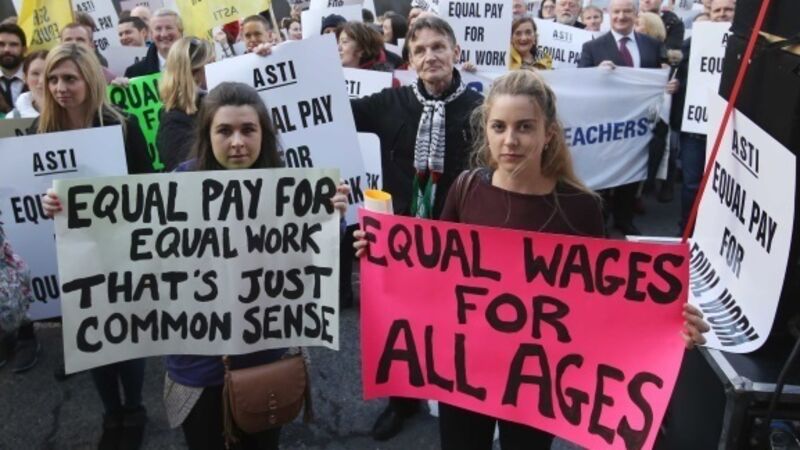Recession measures demonstrated utter contempt for welfare of young people

THERE are two aspects to the current industrial strife that tell a lot about this country, its people, and society. The first concerns a deficit of national solidarity, which contrasts sharply with the general experience in sub groups or communities in the country. The second is the capacity for denial that raises its head every now and again from the national psyche.
An outstanding feature of the recession and attendant trauma of the last few years was a lack of solidarity within the country. When times were tough, it was everyone for themselves. Pain was inflicted greatest where there was least resistance. And one of the main groups to get it between the eyes were the young.












